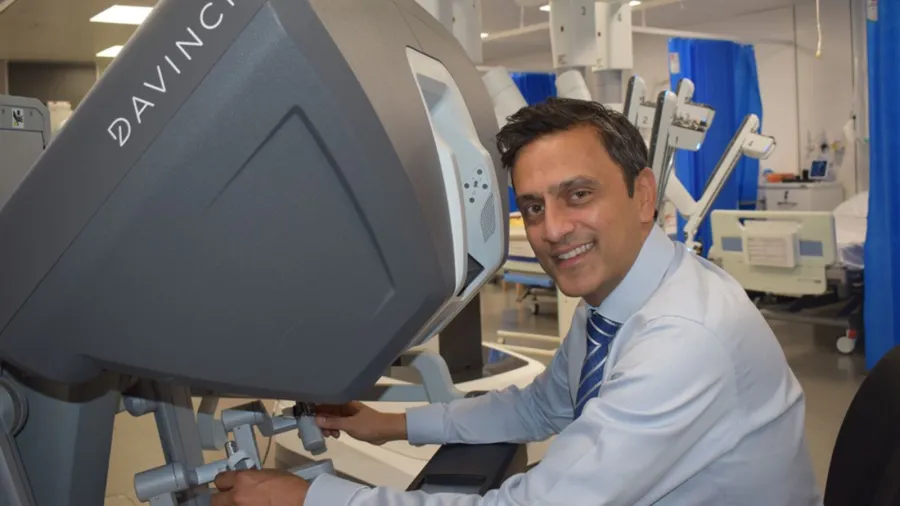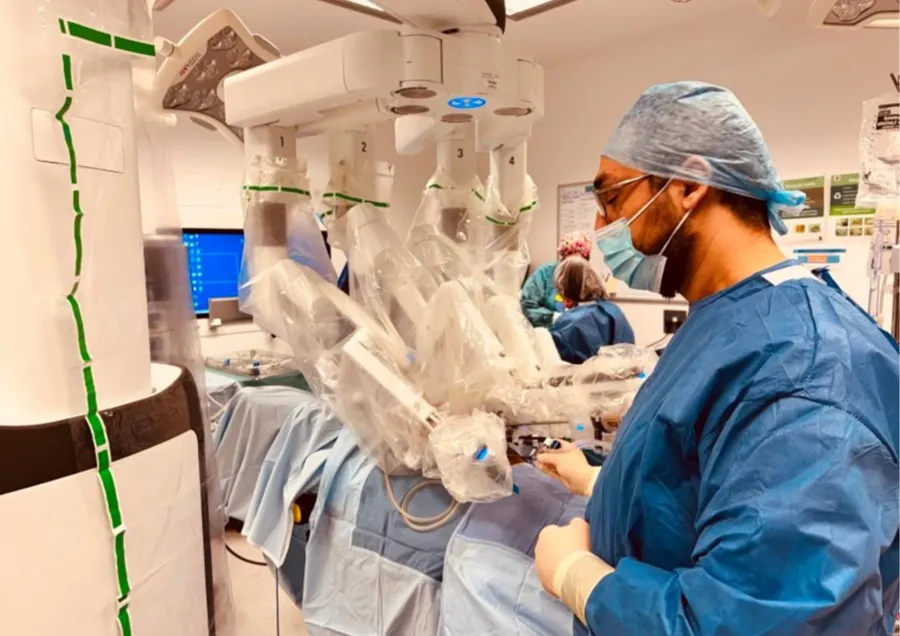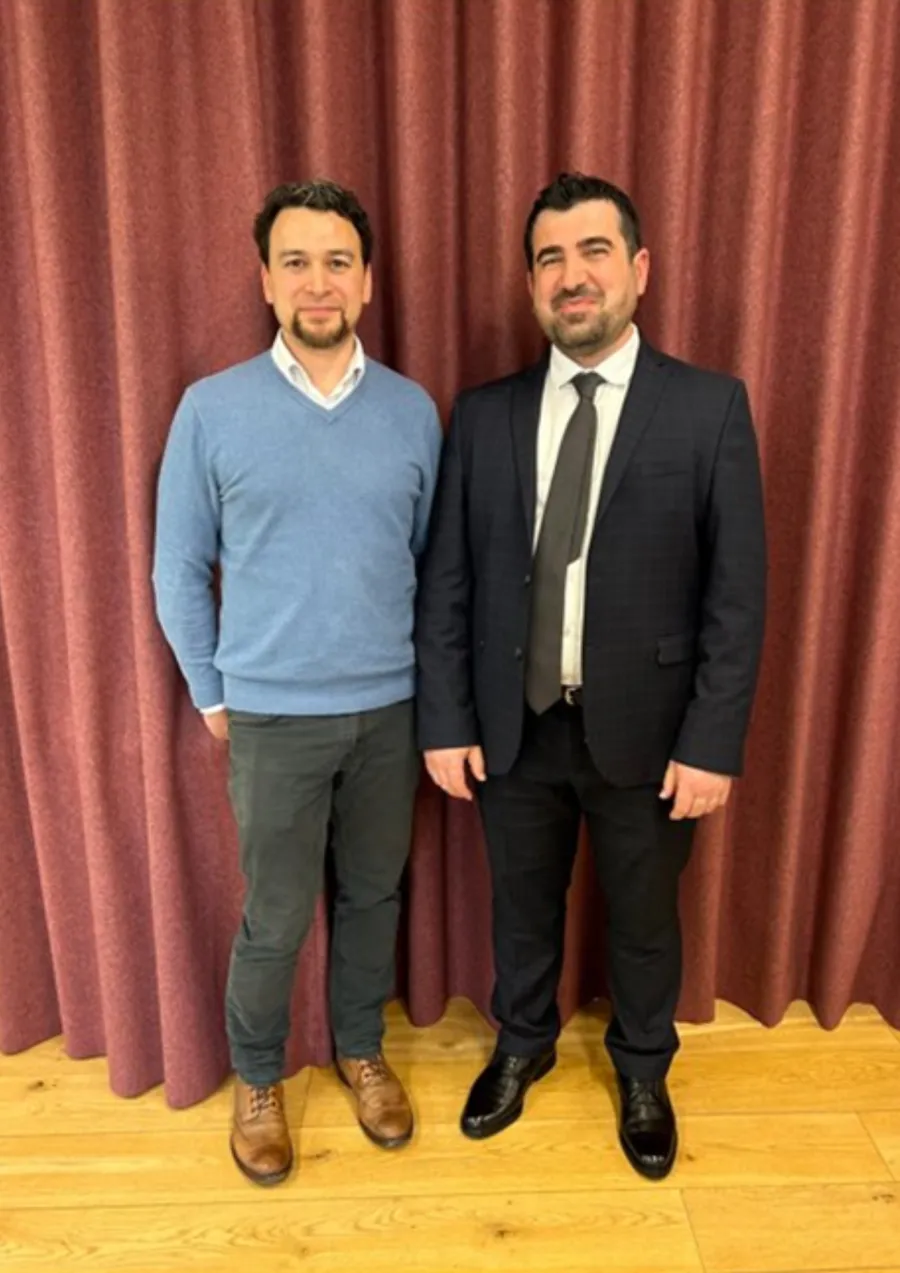After making our largest ever grant of £1 million in 2022 to fund our robot assisted surgical (RAS) system, we have contributed to transforming King's surgical care, for cancer patients as well as those with many different conditions.

Since May 2023, the £1.9 million Da Vinci Xi RAS system has allowed staff to carry out over 500 surgeries, using procedures that are more precise and less invasive than open and laparoscopic (keyhole) methods.
This has reduced recovery times, minimised post-surgery complications, reduced readmissions, lowered pain levels experienced by patients and decreased patient length of stay in hospital.
We’re proud that this technology is closing health gaps, giving King’s patients the same access to robotic surgery as the rest of the UK.

This is especially important for those who are frail or have multiple illnesses for whom traditional surgery may be deemed unsafe. The RAS system reduces the risk of complications and death, making surgical options more accessible to all people in the local area.
Surgeons have highlighted several cases in which the surgical robot enabled them to perform complex procedures that would not have been possible without the help of the systems.
The benefits of robot assisted surgery were especially felt by Greg.
Greg was diagnosed with cancer and underwent surgery with the help of the robot as part of his treatment alongside surgeon Mr Kawa Omar.
Having just had a child, the short recovery time the robot encouraged transformed his experience, allowing him to get to know his new baby without the difficulty of a long and painful post-surgical recovery.
“The whole process was so quick and efficient”, Greg said.
“As a cancer patient with a newborn baby, getting up and about and back to normal family life was important.
“In fact, my recovery was so quick that some of my friends didn’t even know that I’d been in for an operation!”

The robotic technology is used for general surgery, as well as other specialist surgical fields, including bariatrics, colorectal, gynaecology and urology. It has transformed patient care at King’s for conditions including:
- Cancer
- Complex endometriosis
- Abdominal wall hernias
- Diseases affecting the large intestine
- Bladder diseases
With more surgeons trained to use the technology, the number of surgeries performed at King’s alongside robotics continues to increase, with the team on track for 400 procedures in 2024-2025– figures that are above national averages.
Increasing comfort for surgeons
The robotic surgical system has also been popular with surgeons themselves. The robotics allow surgeons enhanced surgical precision and dexterity, which informs the type of surgery they’re able to perform.
They also provide ergonomic comfort during complex and lengthy procedures, which reduces occupational injuries and fatigue that they may incur in surgery.
Over time, this increases wellbeing among surgeons and aims to promote the recruitment and retention of highly qualified staff.
